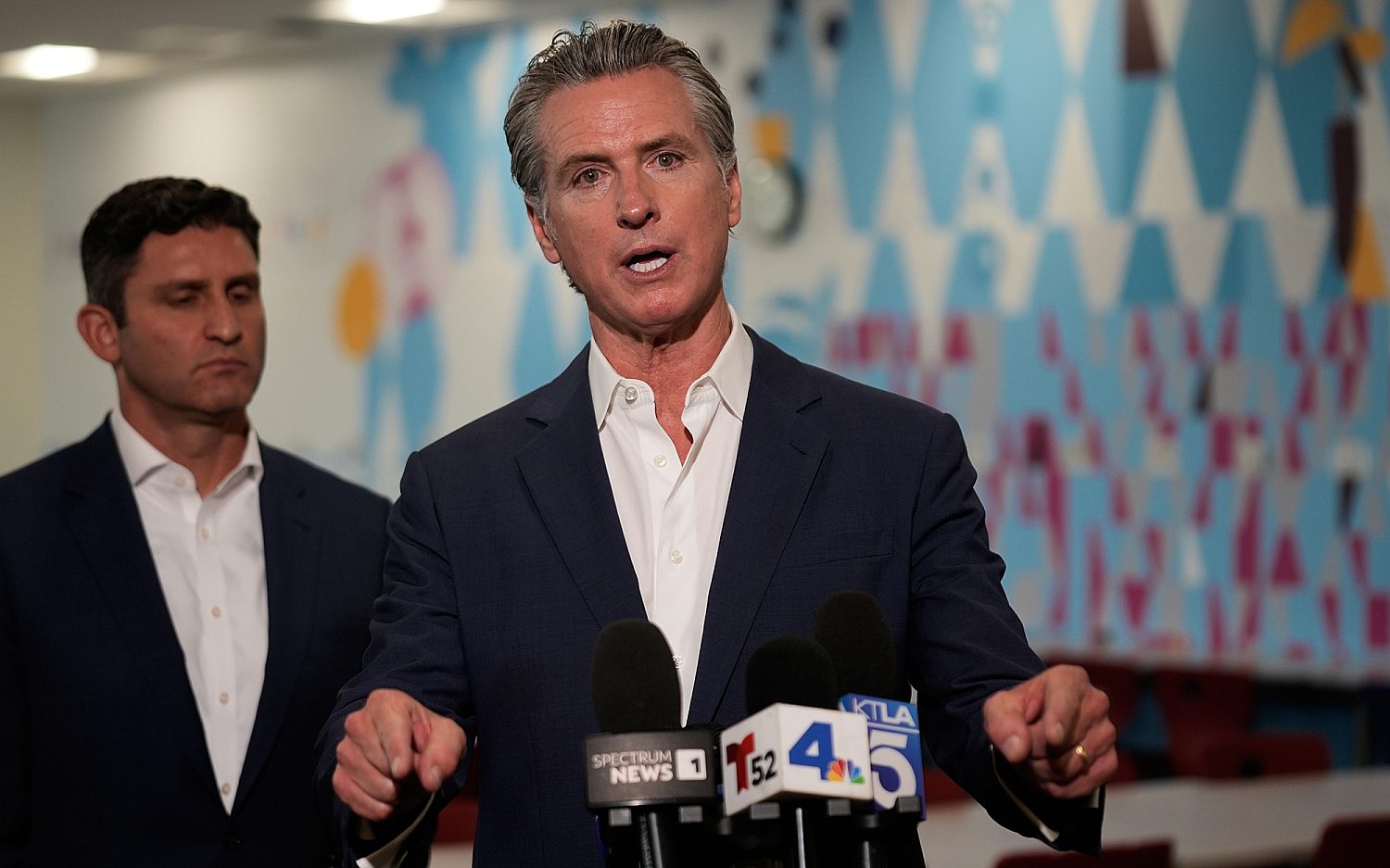Taiwanese media's theater of the absurd
Following the U.S. 24-hour news cycle model trapped a free press in an entertainment prison
TAIPEI, Taiwan—The chasm between communist China’s controlled media and democratic Taiwan’s free-wheeling press came to the fore last week during the news conferences that followed the historic meeting in Singapore between Chinese President Xi Jinping and Taiwanese President Ma Ying-jeou.
Xi sent the minister of China’s Taiwan Affairs Office, Zhang Zhijun, to the press conference, where he read a lengthy statement before allowing just three questions hand-selected from pro-Beijing news outlets. On the other hand, Ma allowed numerous questions from the floor, and journalists grilled him about the missiles China is said to have pointed toward Taiwan. As expected, Chinese news stations only showed portions of Ma’s press conference.
Control over Chinese media has tightened under Xi, and the central government has directed journalists not to write “critical” stories or work outside their “area of coverage.” Incidents seen as an embarrassment to the Communist Party, including August’s explosions in Tianjin, are left unreported and expunged from the internet. Earlier this month, Zhao Xinyu, the editor-in-chief of the state-run Xinjiang Daily was fired for speaking out against the government and “groundlessly commenting” on official policies. Reporters without Borders ranks China as the world’s sixth most restrictive country for press freedom.
On the other hand, in the past decade Taiwan’s press has enjoyed the most freedom in the Asian region. Journalists freely criticize leaders, dissect policy, and investigate corruption. The island of 23 million has more than 360 privately owned newspapers and more than 280 satellite television channels, according to Freedom House. Topics forbidden in mainland China are openly discussed and debated in editorials and talk shows.
But Taiwan’s media faces its own problems: Locals don’t trust the news they read or watch. In 2006, an Edelman survey found only 1 percent of business stakeholders in the Asia-Pacific region trusted Taiwanese media. Watch a few minutes of Taiwan’s news and you’ll see why. Every station is openly biased toward a political party, international news is often brushed over, and 24-hour news cycles consist of hyperlocal filler. One evening I watched as reporters questioned passersby on their opinions about an area woman drying her laundry on bushes along a main road.
Much airtime is devoted to gossip, political scandals, scouting out the best local foods, and sensational news. The tabloid-style Apple Daily, the most prominent newspaper on the island, crowds its front page with salacious murders, partially pixelated photos of crime scenes, and bold headlines printed over illustrated blood splatters. Originally from Hong Kong, Apple Daily’s over-the-top style put other local newspapers out of business. It pegged the type of entertainment-news readers really wanted.
The shift of Taiwanese media away from the journalistic ideals Amy Yang learned in college led the 42 year old to leave the industry after a decade in print and broadcast journalism. When she first graduated in 1996, media flourished. The government had recently relinquished control of media, and TV stations scrambled to copy America’s 24-hour news cycle. But with intense competition and little news on the relatively peaceful island to fill airtime, Yang noticed a drop in journalistic standards.
Because they fear missing out on a story covered by another publication, reporters move in packs, attending all the same events and press conferences, and essentially writing the same story from the angle of their party affiliation. If a blogger breaks a story, it’s often picked up by local news stations and incorporated into the 24-hour news cycle without any fact-checking or research.
“It’s lazy,” Yang said. “It’s no longer writing news, but just copying news.”
That also means fake stories get covered as fact. During a period of high tension between the Philippines and Taiwan in 2013, a woman posted on Facebook that a certain restaurant had refused to serve a Filipino customer. The post garnered 80,000 likes and was reported on news sites and TV stations until the original writer admitted she had fabricated the story.
While Taiwanese media seems extreme, it’s not that far away from its U.S. inspiration. News in both countries has morphed into entertainment—and not even very interesting entertainment at that.
“For the sake of making money, Taiwan’s news has become exaggerated and sensationalized,” said Yang, who is now a seminary student with plans to do overseas missions.
An actual newsletter worth subscribing to instead of just a collection of links. —Adam
Sign up to receive The Sift email newsletter each weekday morning for the latest headlines from WORLD’s breaking news team.





Please wait while we load the latest comments...
Comments
Please register, subscribe, or log in to comment on this article.